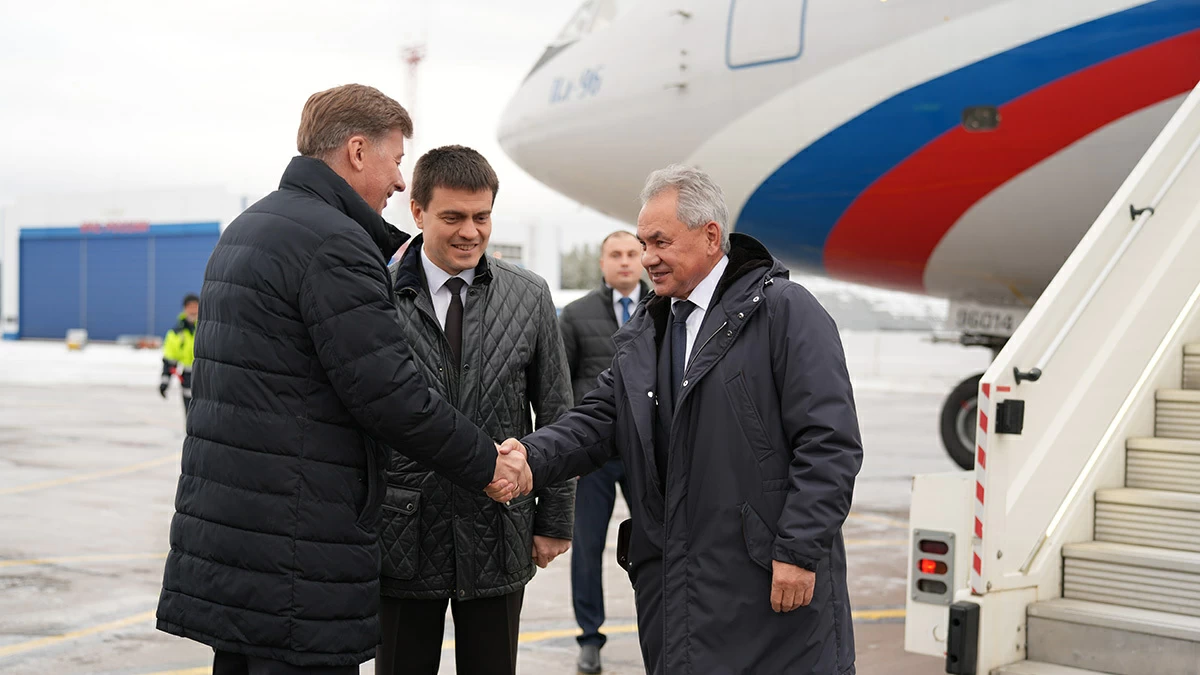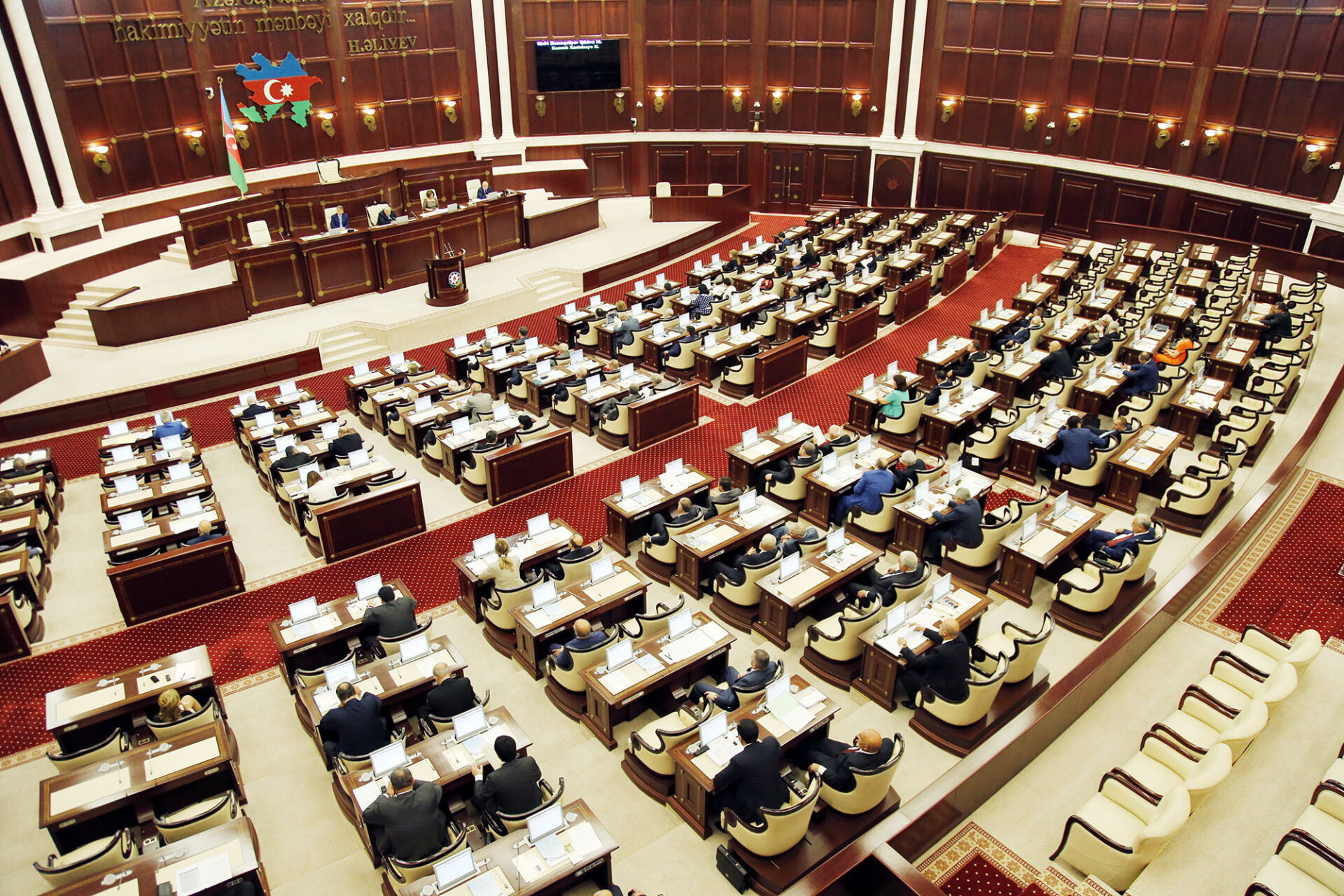DEATH IN DUSHANBE ON THE STATE’S ANNIVERSARY.
DEATH IN DUSHANBE ON THE STATE’S ANNIVERSARY.
On Tajikistan’s National Day, September 8, unidentified gunmen assassinated Culture Minister Abdurahim Rahimov with five pistol shots outside his Dushanbe apartment. President Imomali Rahmonov blamed “enemies of the Tajik people,” but stopped short of suggesting a real motive. The post of culture minister is highly sensitive politically in Tajikistan, a country riven by ethnic and religious tensions which often find expression in fighting among locally based clans.
Rahimov had headed the presidential administration’s Culture Department, before being appointed minister in January of this year. He was among the principal organizers of Tajikistan’s tenth anniversary celebrations, which went ahead on September 8-10. On September 10, a would-be bomb thrower was killed by one of the two bombs he was carrying near the Dushanbe stadium, where official celebrations were in progress.
Rahimov is the third senior official assassinated in recent months. The first deputy internal affairs minister, Major-General Habib Sanginov, was killed–along with four other officers–by a car bomb in April. The presidential administration’s Foreign Policy Department chief Karim Yuldoshev was gunned down in July.
On the eve of the September celebrations, the authorities announced the successful completion of Operation Thunderbolt against armed groups of the former opposition in the eastern environs of Dushanbe. Those groups, led by Rahmon Sanginov (no known relation to Habib Sanginov) and Mansur Muakkalov, had broken with the opposition’s political leadership after the latter had come to terms with the government. The government troops launched their operation on June 22 and proclaimed its victorious end several times prematurely. It was not until September 6 that Thunderbolt achieved its goals. Sanginov and Muakkalov were credibly reported killed, and the Dushanbe-Kofarnikhon highway cleared of insubordinate armed groups.
On September 9-10, the Afghan Tajik leader of the anti-Taliban forces, Ahmad-Shah Masood, was injured in an assassination attempt at his headquarters in northern Afghanistan, and transported by helicopter to Dushanbe for treatment. While numerous reports suggest that Masood died within hours in Dushanbe, his supporters maintain that he has survived. With Masood killed or disabled, the Tajik-led Afghan opposition will have suffered an irreplaceable loss. This, too, marred the anniversary in Dushanbe.
Meanwhile, the authorities are increasingly seen as complicit with the drug trade. According to the latest, unofficial estimates by UN antidrug officials and Western diplomats in Dushanbe, the country currently derives up fully a third of its annual gross domestic product directly or indirectly from the drug trade (Asia-Plus, Interfax, IRNA, Voice of the Islamic Republic of Iran (Mashhad), Western news agencies, September 8-10; “The New Silk Road of Death,” Newsweek International, September 17).
The Monitor is a publication of the Jamestown Foundation. It is researched and written under the direction of senior analysts Jonas Bernstein, Vladimir Socor, Stephen Foye, and analysts Ilya Malyakin, Oleg Varfolomeyev and Ilias Bogatyrev. If you have any questions regarding the content of the Monitor, please contact the foundation. If you would like information on subscribing to the Monitor, or have any comments, suggestions or questions, please contact us by e-mail at pubs@jamestown.org, by fax at 301-562-8021, or by postal mail at The Jamestown Foundation, 4516 43rd Street NW, Washington DC 20016. Unauthorized reproduction or redistribution of the Monitor is strictly prohibited by law. Copyright (c) 1983-2002 The Jamestown Foundation Site Maintenance by Johnny Flash Productions


